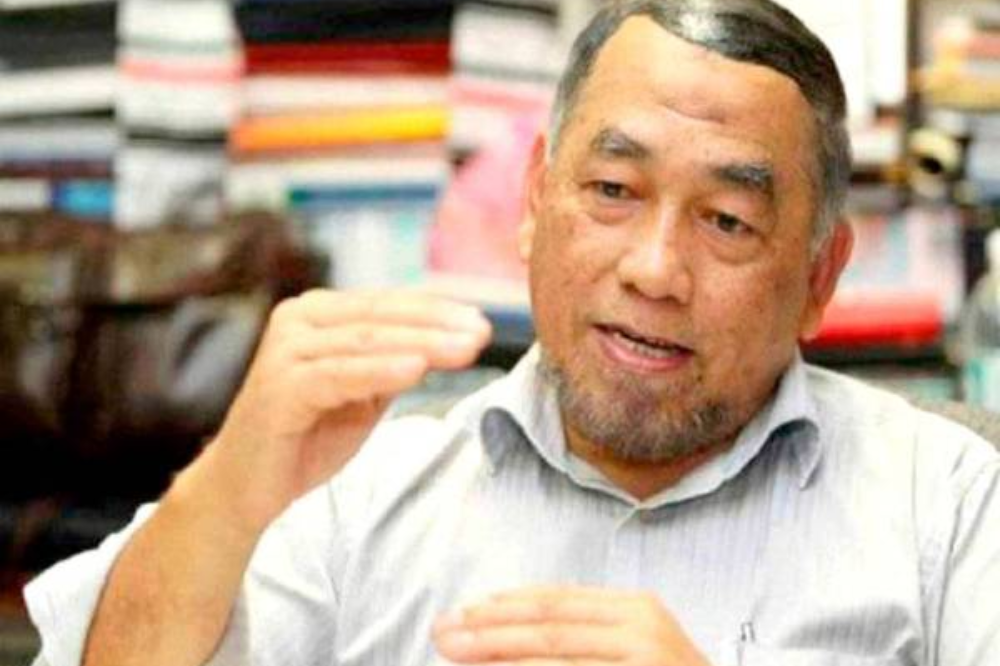Foreign workers' EPF contributions key to economic growth - Economist
By allowing foreign workers to contribute to the EPF, the government would have greater control over their salaries and benefits, which would enhance fund management.

SHAH ALAM - Economic recognition for foreign workers could bring numerous advantages, according to economist.
Prominent economist Prof Dr Barjoyai Bardai praised the inclusion of non-citizen workers in the Employees' Provident Fund (EPF) system, as outlined in Budget 2025, noting that this initiative would benefit Malaysia economically by expanding the EPF’s capital base and increasing investment activities.
Barjoyai clarified that by allowing foreign workers to contribute to the EPF, the government would have greater control over their salaries and benefits, which would enhance fund management.
"EPF is already a well-regarded fund manager, ensuring better security for workers, both local and foreign.
"This will push Malaysia closer to becoming a developed nation, as foreign workers will receive the same treatment as local employees," he told Sinar Daily when contacted today.
He emphasised that this initiative would demonstrate Malaysia's commitment to treating foreign workers fairly, fostering a more inclusive business environment.
When asked about the potential impact on companies, Barjoyai stated that the increased contributions from foreign workers would spur more investment, which would allow businesses to financially support public welfare initiatives, such as education.

He also predicted that housing would become more subsidised as companies benefit from the additional investment power, giving them the opportunity to engage in further business ventures.
"It’s all about where the money will be spent," he noted, adding that the restaurant and food industries would be key beneficiaries of this initiative.
On the increase in the minimum wage from RM1,500 to RM1,700, Barjoyai said it would significantly benefit foreign workers by improving their living conditions.
He also pointed out that government workers and private sector employees would benefit from the new progressive tax scheme, which includes revised salary structures.
Barjoyai stressed the importance of upskilling workers in light of the new salary scheme, which would make higher wages mandatory and encourage workers to improve their skills, helping them advance beyond the middle-income level.
Earlier, Finance Minister Datuk Seri Anwar Ibrahim, while tabling Budget 2025, announced that the government plans to make it compulsory for all non-citizen workers to contribute to the EPF.
Anwar, who is also the Prime Minister, reiterated the government's commitment to providing fair treatment to all workers, in line with international standards.
He also announced an increase in the minimum wage for all workers, including foreign workers, from RM1,500 to RM1,700.
The government also plans to implement a progressive tax scheme and introduce taxes on dividends and capital gains in phases.
Meanwhile, economist Prof Dr Khadijah Md Khalid also commended the initiative of including foreign workers economically through involvement in EPF.
"Malaysians working in Singapore also have contributions to the Central Provident Fund (CPF)," she said, where CPF is also a mandatory savings scheme in the country, further pioneering economic fairness and financial security for workers.
She further urged all employers, including private firms, to employ legal foreign workers in support of the initiative, where following initiatives such as paying levies to the workers could be good for the economy.











